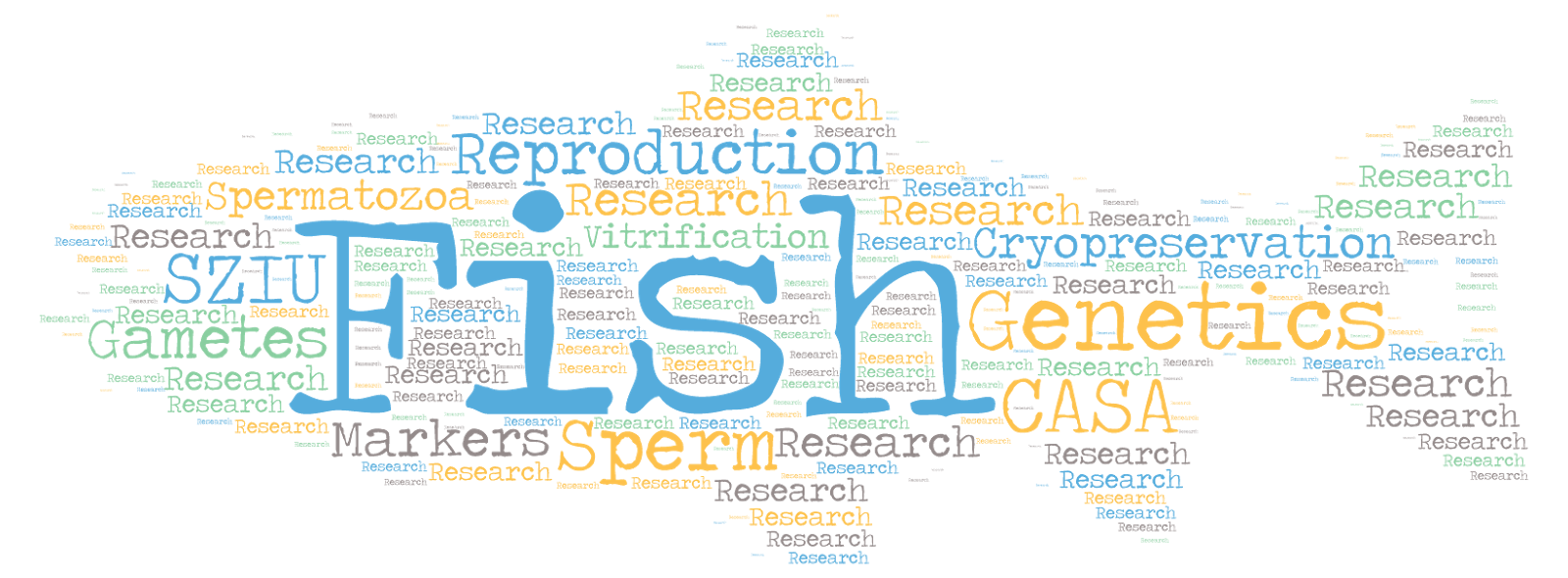A new
paper in collaboration with our colleagues from University of Novi Sad, Serbia (Department of Biology and Ecology, Faculty of Science) was accepted for publication in Science of the Total Environment. It was long and complex, but finally successful scientific mission. We would like to thank to all coauthors, but especially to dr Nada Tokodi and dr Damjana Drobac for all their effort.
Tokodi N., Drobac D., Meriluoto J., Lujić J., Marinović Z., Važić T., Nybom S., Simeunović J., Dulić T., Lazić G., Petrović T., Vuković-Gačić B., Sunjog K., Klarević S., Kračun-Kolarević M., Subakov-Simić G., Miljanović B., Codd G.A., Svirčev Z. 2018. Cyanobacterial effects in Lake Ludoš, Serbia - is preservation of a degraded aquatic ecosystem justified? Science of the Total Environment
Abstract - Cyanobacteria are present in many aquatic ecosystems 51 in Serbia. Lake Ludoš, a wetland area of international significance and an important habitat for waterbirds, has become the subject of intense research interest because of practically continuous blooming of cyanobacteria. Analyses of water samples indicated a deterioration of ecological condition and water quality, and the presence of toxin-producing cyanobacteria (the most abundant Limnothrix redekei, Pseudanabaena limnetica, Planktothrix agardhii and Microcystis spp.). Furthermore, microcystins were detected in plants and animals from the lake: in macrophyte rhizomes (Phragmites communis, Typha latifolia and Nymphaea elegans), and in the muscle, intestines, kidneys, gonads and gills of fish (Carassius gibelio). Moreover, histopathological deleterious effects (liver, kidney, gills and intestines) and DNA damage (liver and gills) were observed in fish. A potential treatment for the reduction of cyanobacterial populations employing hydrogen peroxide was tested during this study. The treatment was not effective in laboratory tests although further in-lake trials are needed to make final conclusions about the applicability of the method. Based on our observations of the cyanobacterial populations and cyanotoxins in the water and other aquatic organisms and, a survey of historical data on Lake Ludoš, it can be concluded that the lake is continuously in a poor ecological state. Conservation of the lake in order to protect the waterbirds (without urgent control of eutrophication) actually endangers them and the rest of the biota in this wetland habitat, and possibly other ecosystems. Thus, urgent measures for restoration are required, so that the preservation of this Ramsar site would be meaningful.

No comments:
Post a Comment